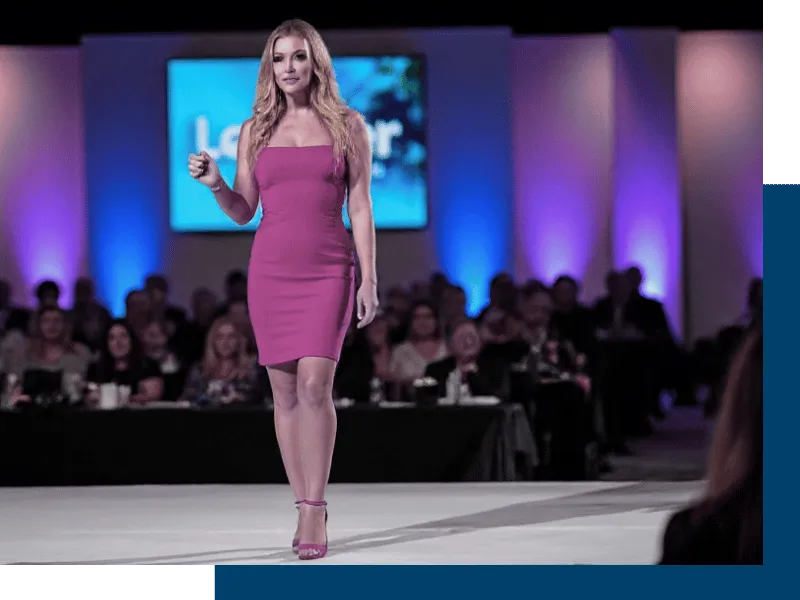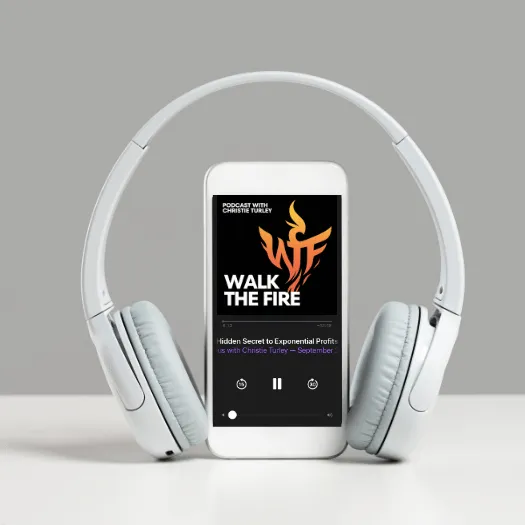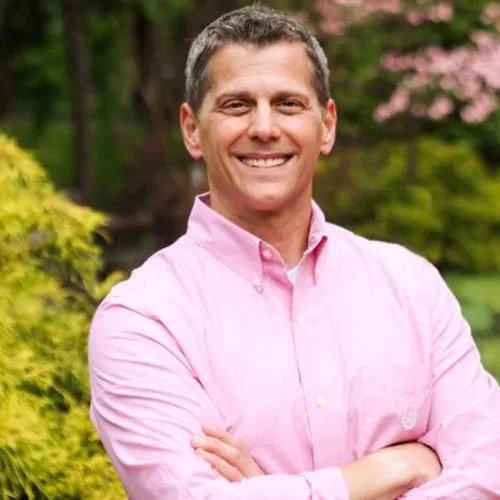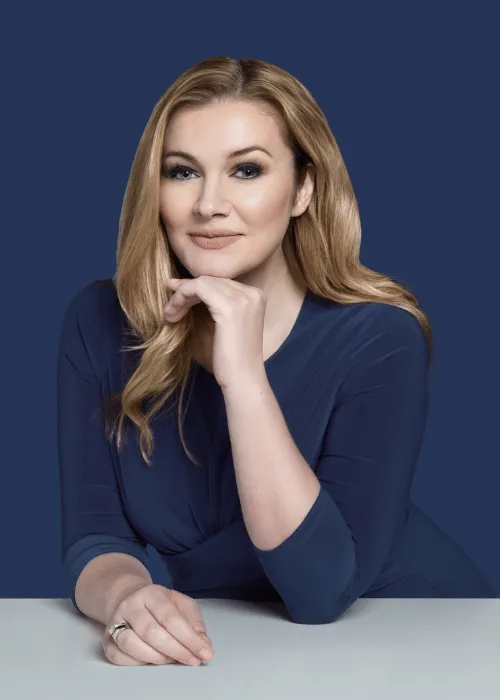Featured In:

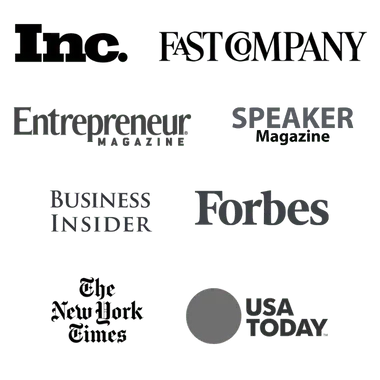
I help you lead with intuition, influence and impact.
Build your business from intuition, not algorithms.
Through my intuition school, I teach you how to reconnect to your deepest intelligence: the part that already knows what the spreadsheet doesn’t.
Instead of “What do you do?” people will say: “I’ve been following your work.”
For nearly 20 years, Vibe Tribe Interactive, has advised behind the scenes of Fortune500 and Inc500 companies as well as 7-figure launches, TEDx talks, NYT bestselling books, and personal brands that became global powerhouses.
Business Exit Advisory with Christie + RJ Turley
If your business earns $3M+ annually and you plan to exit within 1–5 years, now is the time to start planning. With decades of experience across 9 businesses, 5 exits, and global brands, we can help you plan your exit so that when you're ready, you can sell for maximum value.
Host, Walk the Fire Podcast
On the Walk the Fire podcast, entrepreneurs and executives get real about their Walk the Fire (WTF) moments and how facing the fire defined their next chapters.
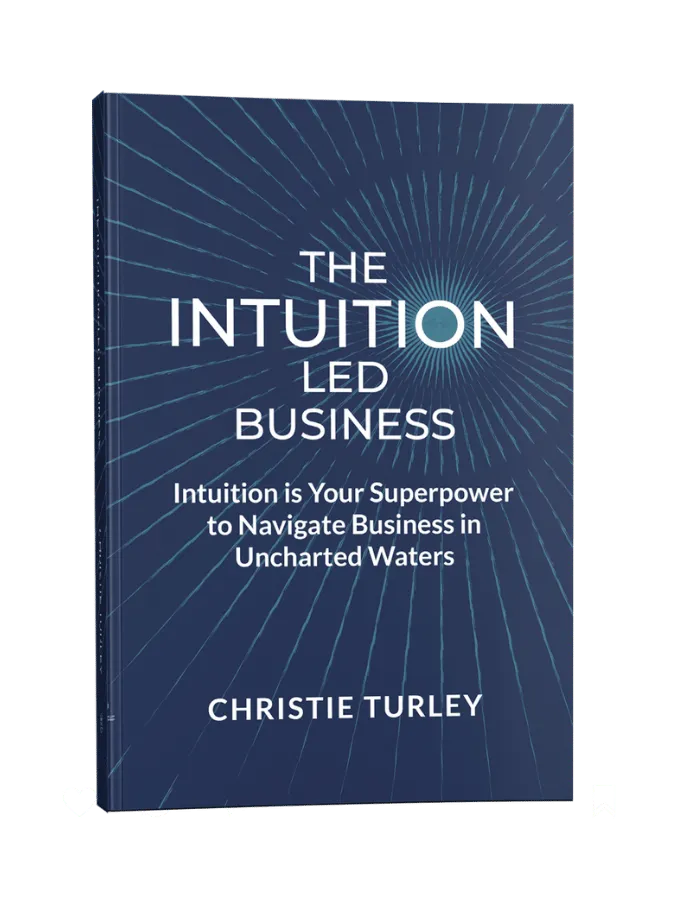
Author, The Intuition-Led Business
Speed Up Business Growth by Slowing Down
The Intuition-Led Business is a book that helps leaders blend intuition with strategy to break free from limiting beliefs and make fearless decisions.
